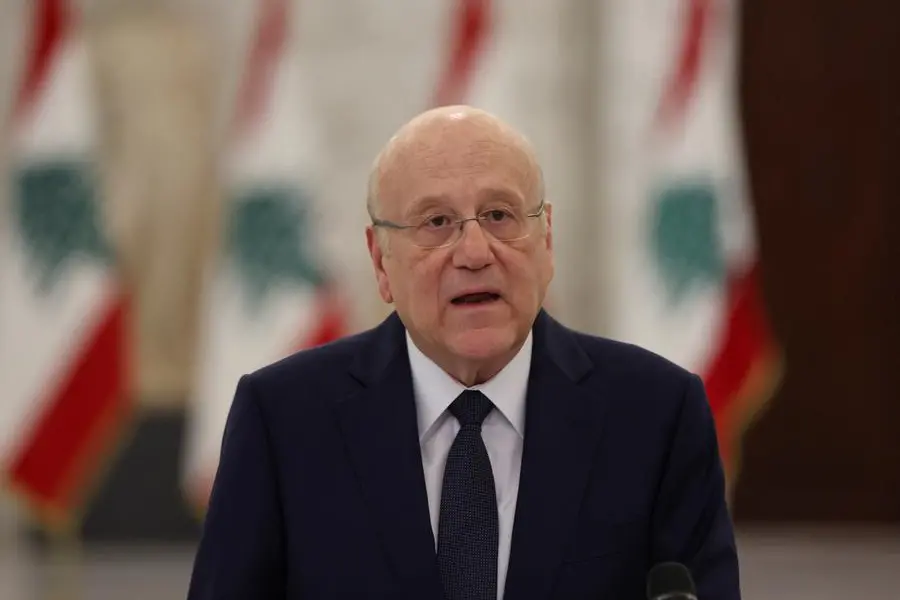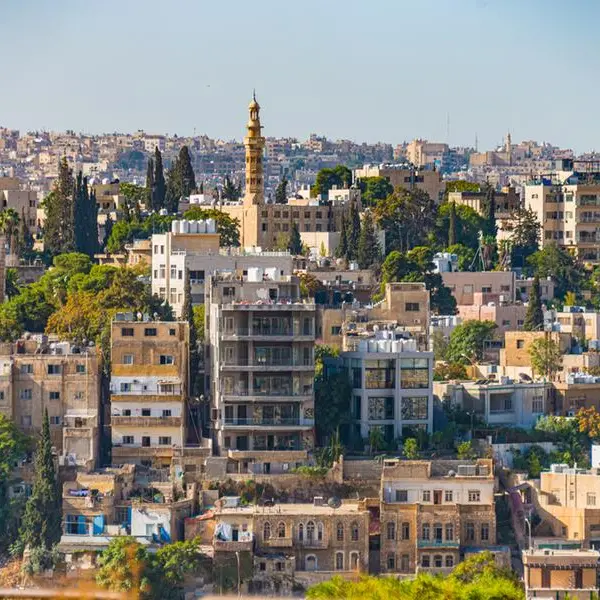PHOTO
BEIRUT - Lebanon's top finance lawmaker said prime minister designate Najib Mikati had verbally proposed "very serious" changes to a recently-adopted plan to revamp the collapsed financial sector, in a move that could delay progress towards a final IMF deal.
Lebanon's government reached a draft agreement for a $3 billion IMF bailout in April, with a full deal conditional on the passage of pre-conditions such as the 2022 budget, banking secrecy reform and capital controls.
Mikati's last government adopted a financial recovery plan on May 20 that set the broad outlines of how to address a more than $70 billion hole in the financial sector at the core of Lebanon's crisis.
That plan placed the burden of losses on commercial banks and the central bank as well as on depositors via haircuts, but did not adopt a previously proposed fund of state assets or resources to plug the gap.
But Mikati last week suggested "very serious" changes to that plan verbally during a meeting with the parliamentary finance and budget committee, said Ibrahim Kanaan, the committee's chief.
"We were told by the prime minister that it has been changed in a way that there is a financial recovery fund that will compensate the depositors or will pay the depositors back totally or partially," Kanaan told Reuters in an interview.
"The government keeps sending sometimes changes and amendments. It's very important to turn this page and go to something definitive and finalize this work," he said.
The fund as proposed would be, among other sources, financed from budget surplus, Kanaan said, adding: "We don't have a surplus at all since decades."
Mikati's office did not immediately respond to a request for comment.
Lebanese commercial banks have been the main proponent of a fund leveraging state assets or other revenues to plug the gap.
Deputy Prime Minister Saade Chami, the architect of Lebanon's IMF deal, has come out strongly against such a proposal, and the IMF draft agreement called for limiting recourse to public resources.
Regarding other IMF pre-conditions, Kanaan said the committee was "90%" done with the 2022 budget but required a government revision of the exchange rate it used as the current numbers "may lead to a fake deficit as well as it may lead to some fake revenues".
Real revenues could be half or even a third of the figure currently stated, he said.
Kanaan said the government's capital control law as referred to parliament had been rejected by Lebanese civil society across the board, including groups representing depositors, and so the government must either amend it or adopt a version previously drafted by his committee.
He said work at his committee on amending Lebanon's strict banking secrecy regulations would begin this week.
"I don't have a time-frame before receiving the details [from the government], but I would say if the details are finally received in a reasonable amount of time, I would say weeks rather than months," would be needed to adopt all IMF pre-conditions, he said.
(Reporting by Timour Azhari and Maya Gebeily; Editing by Angus MacSwan)




















